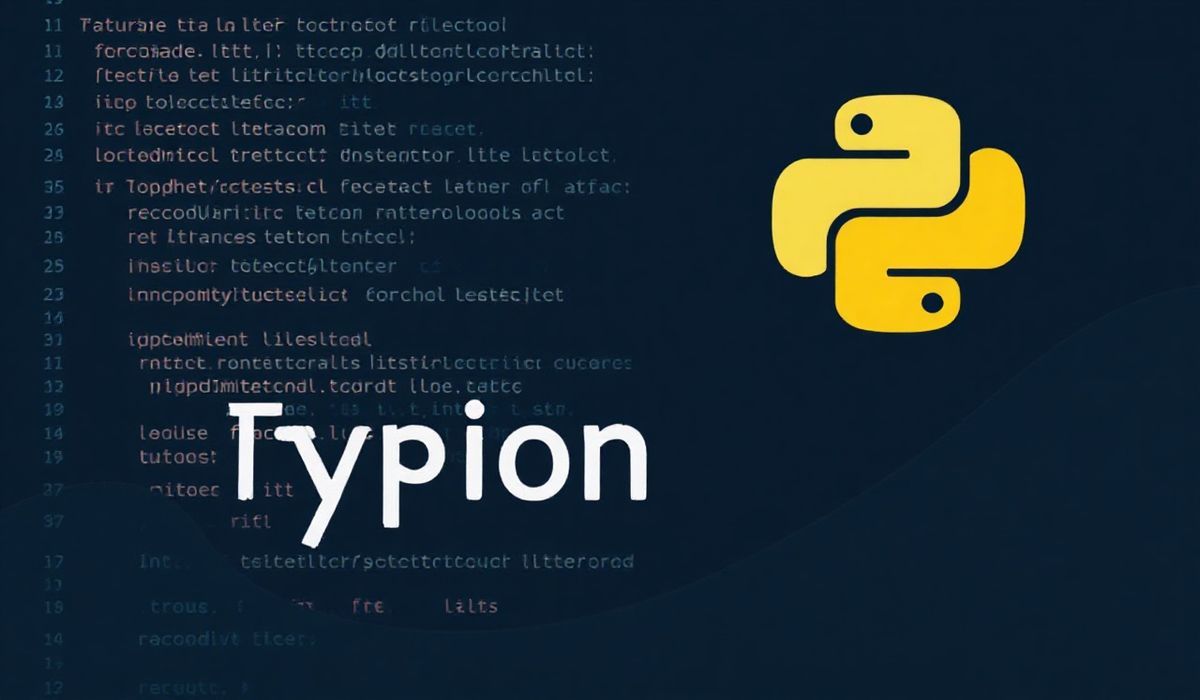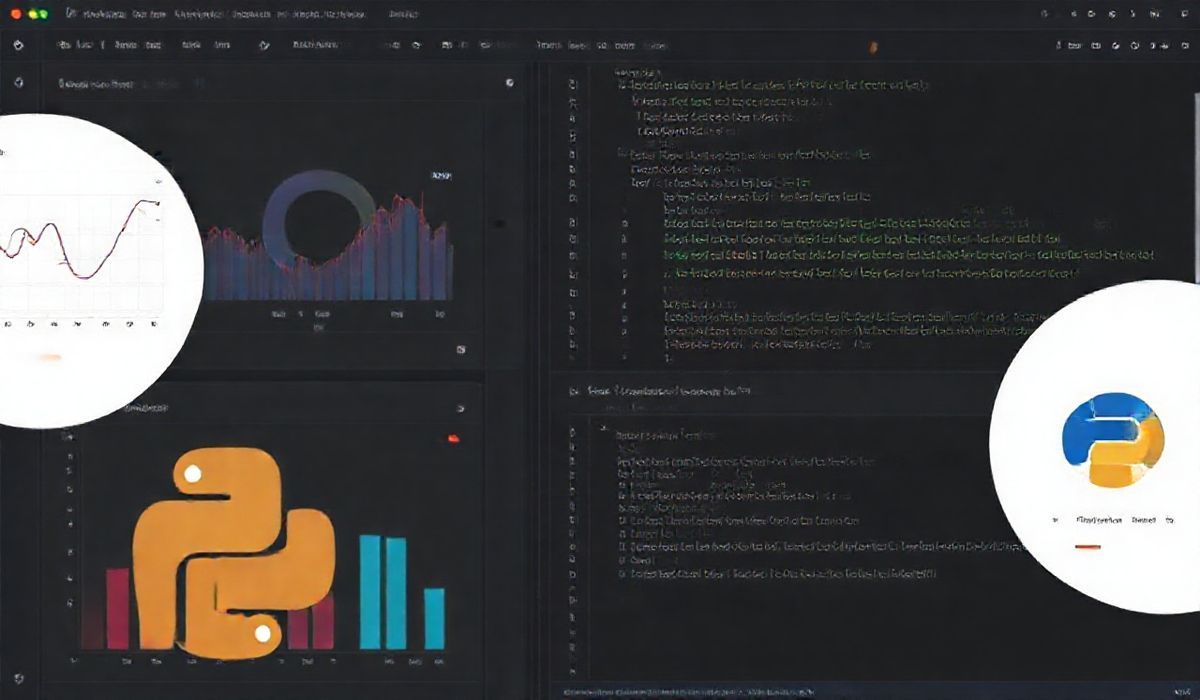Introduction to Atomicwrites
Atomicwrites is a powerful and reliable Python library for atomic file operations. It ensures that file operations are performed atomically, preventing data corruption and race conditions. This library is particularly useful in environments where multiple processes or threads might be accessing or modifying the same files.
Key Features and APIs of Atomicwrites
Below are some of the critical APIs provided by the atomicwrites library along with code examples to help you get started.
1. atomic_write – Basic Usage
from atomicwrites import atomic_write
with atomic_write('example.txt', overwrite=True) as f:
f.write('Hello, World!')
This code snippet demonstrates how to use the atomic_write function to write to a file atomically.
2. atomic_write with Context Manager
with atomic_write('example.txt', mode='wt', overwrite=True) as f:
f.write('Hello, World!')
You can also use different file modes such as ‘wt’ for writing text files.
3. atomic_write with Custom Temporary Directory
with atomic_write('example.txt', mode='wb', overwrite=True, dir='/tmp') as f:
f.write(b'Hello, World!')
Specify a custom temporary directory for the atomic writes.
4. atomic_write with a Different File Extension
with atomic_write('example.txt', mode='wt', overwrite=True, suffix='.new') as f:
f.write('Hello, World!')
Add a custom suffix for the temporary file during atomic writes.
Application Example with Atomicwrites
Let’s look at a practical application example where we use atomicwrites for logging data securely.
Logging Application Example
import logging
from atomicwrites import atomic_write
class AtomicFileHandler(logging.FileHandler):
def _open(self):
return atomic_write(self.baseFilename, mode=self.mode, overwrite=True)
logger = logging.getLogger('AtomicLogger')
handler = AtomicFileHandler('log.txt')
logger.addHandler(handler)
logger.setLevel(logging.INFO)
logger.info('This is a log message.')
In this example, we create a custom logging handler using atomic_write to ensure that log messages are written to the file atomically.
With these examples, you can now use the atomicwrites library to perform atomic file operations safely and effectively in your Python projects.
Hash: 7c8d54d8d7152ca9e061357d2d8891e8ef3f52b5ea6716a8279aee2f201e2c4f




